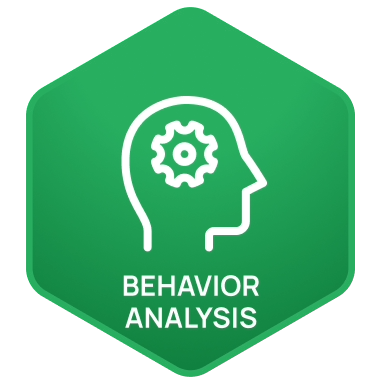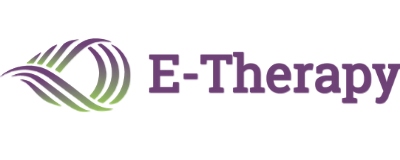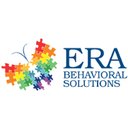Are you ready to start a meaningful career helping children with developmental needs?
If you answered YES, we'd love to hear from you!About the RoleWe're seeking compassionate and motivated Behavior Technicians to provide in-home, one-on-one support for children and adolescents with autism or other developmental disabilities. You'll receive structured training and guidance from experienced Board-Certified Behavior Analysts (BCBAs) as you help clients achieve meaningful progress in their daily lives.As a Behavior Technician, you will:Implement individualized behavior plans under the supervision of a BCBA.Work directly with children in their homes, helping them learn and grow through play and structured activities.Collect accurate data on client progress and communicate observations to your supervisor.Collaborate with families and participate in parent training sessions to extend learning beyond sessions.Maintain a professional, positive attitude in all client interactions.What You'll GainCompetitive pay: $22–$24/hour, $25–$26/hour for RBTsStructured virtual training: Get started with interactive training from day one.Mileage reimbursement for travel to client homes.Part-time schedule: 10–20 hours per week, primarily after school and weekends.Benefits: Paid sick leave; eligible employees may also access medical, dental, vision, and 401(k).Career growth opportunities: Pathways to RBT certification and future advancement under BCBA supervision.RequirementsMust be at least 18 years old.Bachelor's degree required. * Must be bilingual in Spanish.Valid California driver's license and reliable transportation.Enjoys working and playing with children.Excellent communication and interpersonal skills.Open to feedback, coaching, and continuous learning.Prior experience in any of the following is a plus: babysitting, childcare, education, special education, preschool, camp counseling, early intervention, or pediatric care.
Professional Field
 Behavior Analysis
Behavior Analysis Counseling
Counseling Other Behavioral, Mental, or Healthcare Field
Other Behavioral, Mental, or Healthcare FieldPatient Focus
Diagnoses
Avoidant Personality Disorder
Age Groups
Children (5-10)
Adolescents/Teenagers (14-19)
Therapeutic Approach
Methodologies
ECT
Modalities
Individuals
Teletherapy/Virtual
Practice Specifics
Populations
Aviation/Transportation
Intellectual Disabilities/Dev. Disabilities
Settings
Research Facilities/Labs/Clinical Trials
Telehealth/Telemedicine
Home Health/In-home











